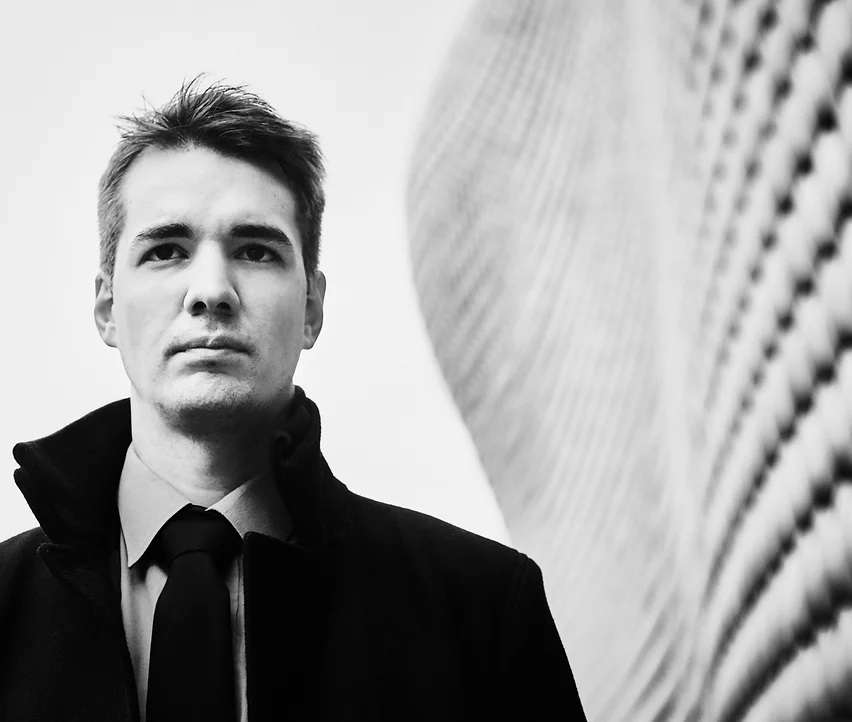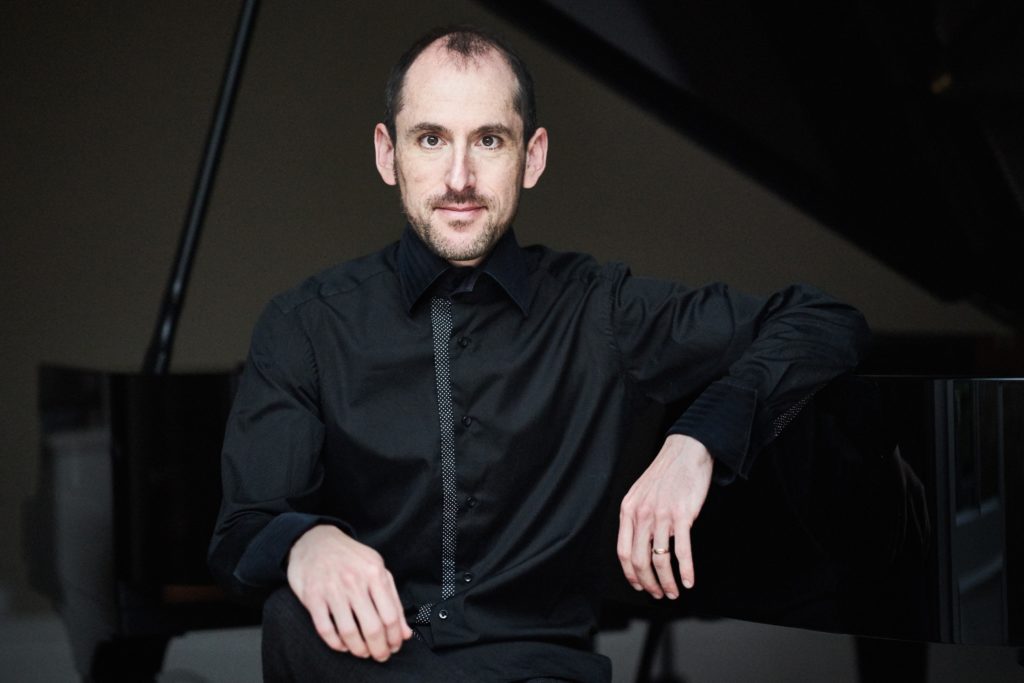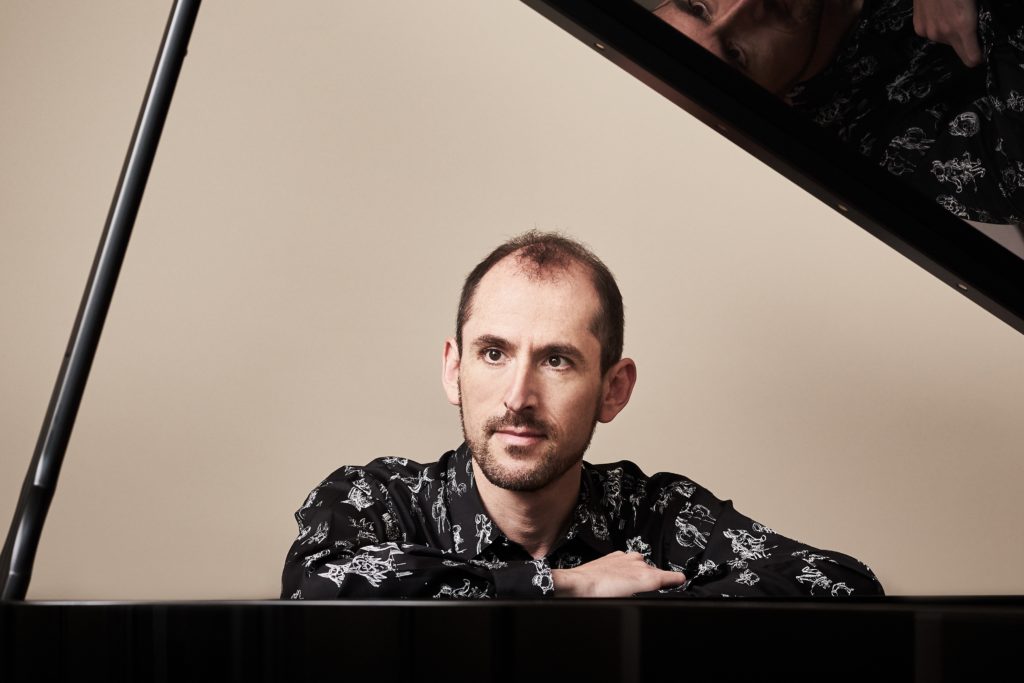
British Music Society of York: Daniel Lebhardt, Sir Jack Lyons Concert Hall, University of York, December 1
FEW pianists are able successfully to combine both accompaniment and solo work. But less than a week after he had appeared in a supporting role in Helmsley, Daniel Lebhardt was back in Yorkshire for this solo recital as part of the British Music Society of York’s 102nd season.
He opened with four ballades by Brahms, but thereafter interleaved Scriabin and Bartók with three Ligeti preludes. The ballades are a product of the composer’s early twenties and grouped in two pairs, the minor and major keys of D and B; they are mainly in three-part song form.
Lebhardt played them lovingly, concentrating on their melodies and keeping accompanimental figures in the background. Nowhere was this more successful than in the last, which was beautifully sustained.
We were to hear little of this approach in the rest of the programme. Ligeti’s 18 preludes are nowadays becoming de rigueur in piano recitals (two days earlier Danny Driver had included some here).
They are frequently volatile, often fast-moving, and a supreme test of virtuosity. Lebhardt was unlucky with No 6, Autumn In Warsaw, where he had a memory lapse that a re-start could not surmount, although we had sensed the falling leaves well enough. The prestissimo ending of No 15, White On White, given later, was thrilling.
The audience stayed on his side and he came back even more determined. So much so that he took out his anger on the ‘Drammatico’ opening of Scriabin’s Third Sonata, with exceptionally strong accents.
But he still managed to convey its ebb and flow. He had regained composure by the third, slow movement, which was gentle, bordering on sentimental. Fire was to return with a vengeance in the finale; it was to become a chorale by the end. He also made strong contrasts between high and low registers in Scriabin’s Vers la Flamme.
Born in Hungary, but now based in this country, Lebhardt showed a particular empathy with Bartók. The three Studies were wonderfully crisp; they must have acted as stimulants for Ligeti. The first was a whirlwind of close harmony, while in the second he brought out the theme with great clarity in the left hand. There was not much evidence of the ‘Rubato’ the composer marked in the third, but it was neatly structured nonetheless.
Bartók’s ‘Out Of Doors’ suite (Szabadban) had a special ring of truth. Lebhardt found the humour in ‘Musettes’ (although it needed to be a touch lighter), and ‘The Night’s Music’ was appropriately eerie.
‘The chase’ was highly percussive and riddled with cross-accents, in true Allegro Barbaro vein. Indeed, if there were a quibble about the second half, it would be that too much of the music was percussive, allowing the pianist’s lyricism little rein. But his virtuosity – with the one exception – was never in doubt.
Review by Martin Dreyer


